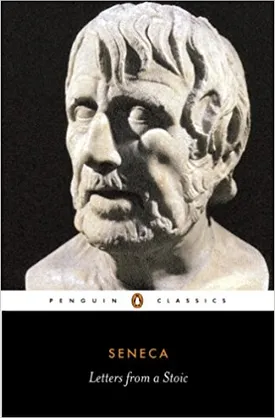Seneca
Seneca was a highly respected Roman philosopher, statesman, and playwright who lived from 4 BC to AD 65. He was a renowned figure during the time of the Roman Empire, and was considered one of the most important Roman Stoics.
Seneca was born in Córdoba, Spain, and moved to Rome at the age of 17. He studied philosophy under Sotion of Tarentum, and during this period he developed the beliefs of Stoicism, a philosophical system which emphasized the concept of self-control and virtue as the highest end in life.
After his studies, Seneca began his career in Rome as an orator, a popular Roman art. During this period, he wrote many speeches, plays, and essays, most of which focused on Stoic themes such as the use of reason, the value of self-control and individual autonomy, and the concept of justice. He also wrote lyrical poems exploring the beauty of nature and the theme of joy.
His writings caught the attention of Emperor Claudius, who appointed Seneca as his advisor. Under Claudius, Seneca was able to exercise considerable influence. He convinced Claudius to abolish the death penalty and changed Roman law to provide more humane treatment of criminals.
In 62 AD, the Emperor Nero succeeded his uncle, Claudius. During Nero’s reign, Seneca was appointed as one of his advisors. He adhered to his Stoic beliefs and agitated for a just and humane government, criticizing Nero's tyrannical behavior and attempts to concentrate power to himself. In 65 AD, Nero accused Seneca of plotting a coup and forced him to commit suicide.
Today, Seneca is remembered as one of the most influential figures in Roman history and philosophy. His writings on Stoicism have been highly influential and remain a source of inspiration for many today. He is also remembered for his advocacy of civil rights and justice, and for his willingness to risk his life in defense of his beliefs.
His writings have been translated into many languages and are widely available. His best known works are the letters he wrote to his friend and student Lucilius, known as the “Letters to Lucilius,” and the “Moral Essays,” which examine various topics from philosophy to government and morality. Seneca also wrote several plays, which are still popular today.
Seneca’s writings offer timeless insights about the human condition and our attempts to manage the challenges of life in a wise and virtuous manner. He continues to be a source of inspiration and offers valuable guidance on finding peace and joy in life, no matter the circumstances.




